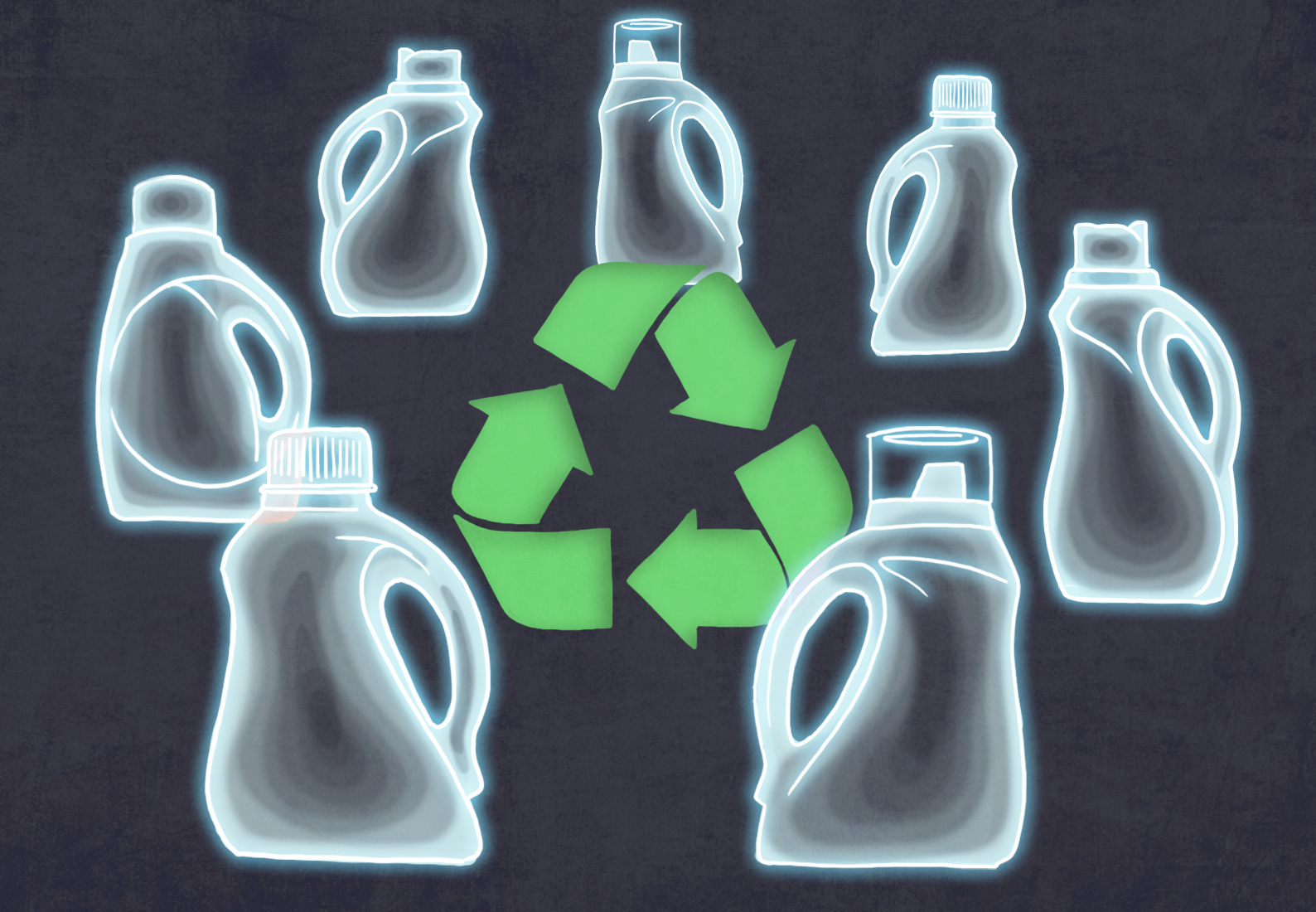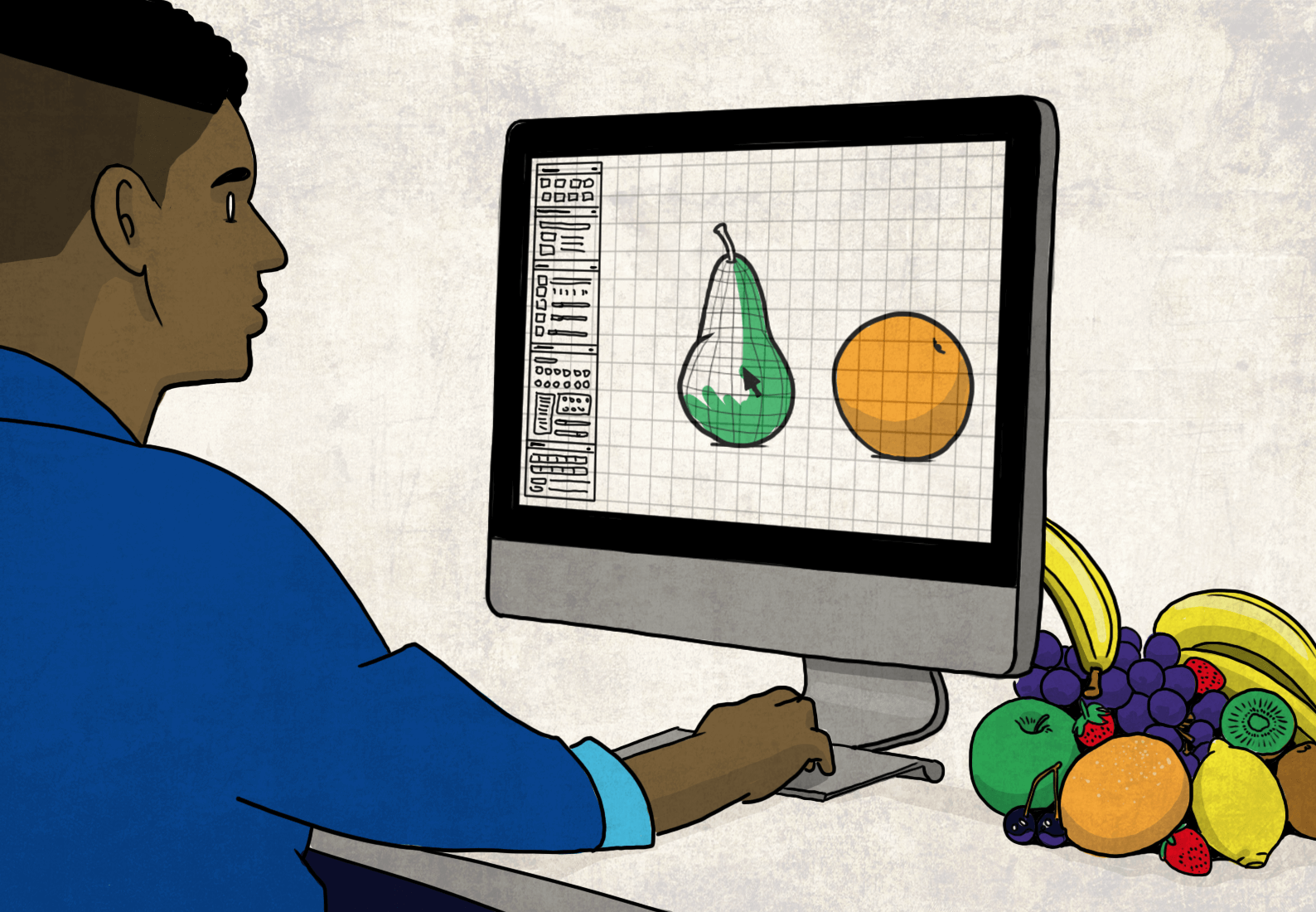Chemists encounter many hurdles throughout the innovation process. On one hand, we deal with prolonged experimental timelines to identify materials with target performance profiles, finite resources, and a lack of molecular insights to explain experimental results. On the other hand, we are also challenged by the increasing demand for best materials performance, natural ingredients and sustainability, and an urgency to bring products to market quickly. As a leading global consumer packaged goods company, Reckitt has sought to overcome these challenges, in part, by adopting computational technologies that promise to improve the efficiency of our research and development (R&D) processes. Our work with Schrödinger has been a pillar of this effort — and we are only just getting started.
Since 2020, Reckitt and Schrödinger have been collaborating on ways to apply molecular simulations, or molecular modeling, across a broad range of materials science applications, including detergents, formulations, and packaging. We have applied Schrödinger’s digital chemistry technology across the full Reckitt family of products, which is now generating great benefits in return within only one year. Digital chemistry simulations, including molecular dynamics and quantum mechanics, can greatly reduce innovation timelines and experimental lab costs as ideas and theories are first tested computationally. Laboratory resources can then be allocated to those molecular candidates with the highest potential for success. Moreover, digital simulations can provide quick screening and testing for novel materials design with extended chemical space, in order to better meet the needs of cost, performance, and sustainability.
By working closely with Schrödinger experts, we were impressed by how fast we were able to learn to apply molecular simulations, even with no prior modeling experience. Within a few months we had successfully integrated molecular modeling into our research and were able to deliver results that had significant impact on the decision making within different business units.
On average, applying Schrödinger’s technology has expedited timelines up to 10x compared to a purely experimental approach
For example, we are making improvements to a laundry detergent by preventing dye redeposition, or the spread of a dye to other linens in a wash. Understanding the competing interaction between the surfactant, polymer and cotton surface is crucial to avoid dye redeposition during washing. Using the Schrödinger platform, Reckitt developed an automated, fast, and reliable approach to investigate the polymer-surfactant-cotton interactions on an atomistic scale. This allows Reckitt to screen targeted polymers in-silico for key performance properties prior to investing in resource-intensive experiments. Moreover, Reckitt does not need to rely solely on the product information from the suppliers and can make better purchasing decisions with confidence.
We must consistently improve or modify our packaging materials due to new regulations and the society’s demand for sustainability. It is critical to ensure that the new packaging materials are compatible with our products on very short research timelines. The Schrödinger platform has been very helpful for us to screen different materials for compatibility in a short period of time. We can quickly narrow down to 2-3 from over 10 candidates. The digital approach greatly speeds up and improves our decision making.
Our collaborations have been very successful, not only because of our satisfaction with Schrödinger’s advanced technologies, but also because of their level of scientific expertise, support, and collaborative openness. The two teams adapted well to each other, and we worked together as close partners. We view Schrödinger as part of our journey to fully develop and integrate a digitalization platform into our R&D efforts, where the end goal is to digitally simulate entire manufacturing processes.
We are just getting started, but we’ve already experienced a dramatic impact on our business and innovation timescale within a year. On average, applying Schrödinger’s technology has expedited timelines up to 10x compared to a purely experimental approach. As a result, we are adopting digital simulation as part of our fundamental innovation strategy. We have enjoyed our collaboration and we are eager to continue to apply the approach across more brands for innovation, sustainability and problem-solving.








